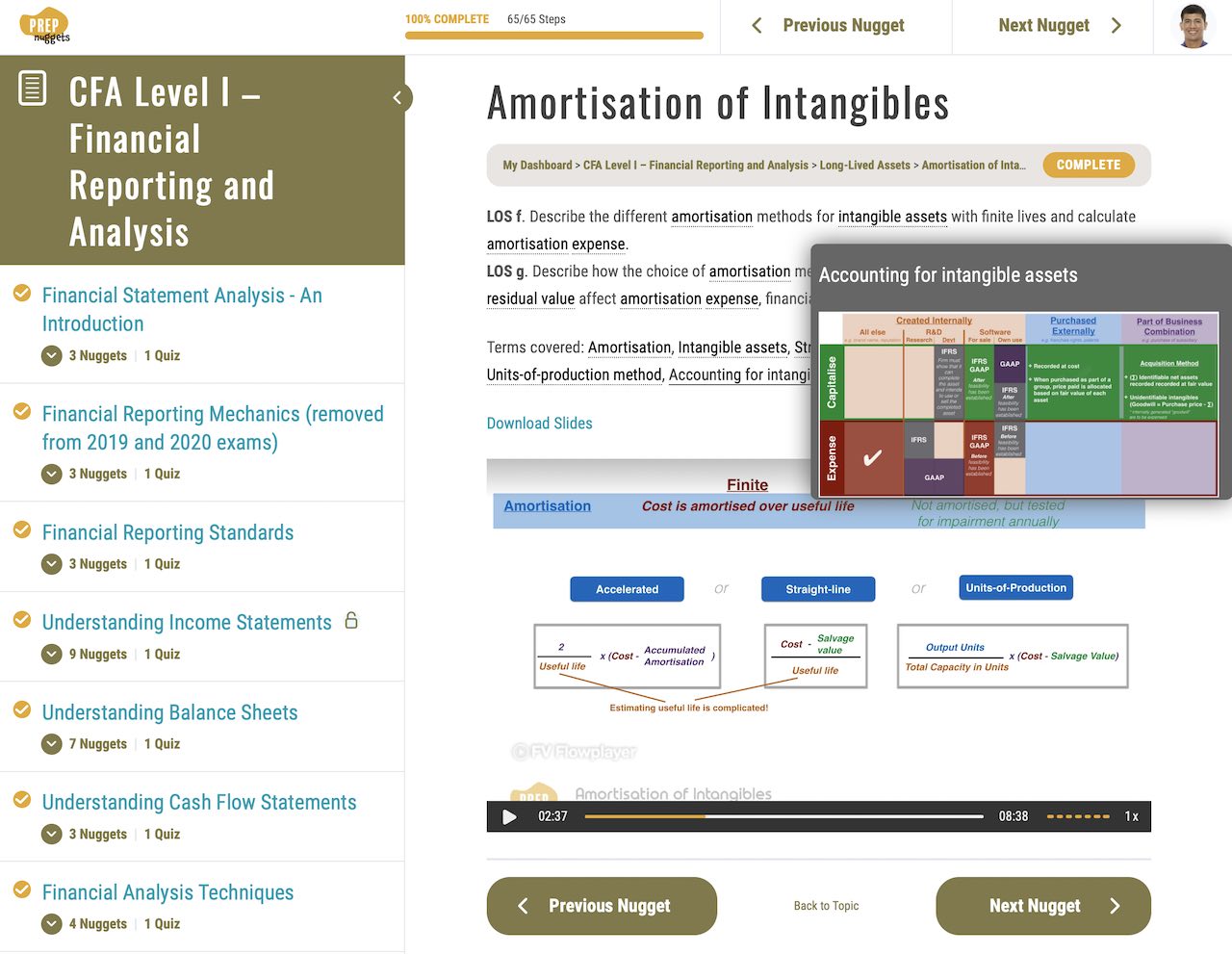Effects on Housing Sector and External Trade | CFA Level I Economics
Housing Sector Activity and the Business Cycle
Although the housing sector is a small part of the economy relative to overall consumer spending, cyclical swings in activity in the housing market can have a significant impact on overall economic activity. Factors affecting housing sector activity include:

- Interest Rates: The housing sector is sensitive to interest rates, which are usually low during recessions and high during expansions. Low interest rates tend to increase home buying and construction, while high interest rates tend to reduce home buying and construction.
- Affordability: Measured by household income relative to housing prices. Higher affordability can lead to higher sales. Household incomes are typically lower in the contraction phase and higher in the expansion phase. However, high home prices can still result in low affordability, limiting housing activity even during a booming economy.
- Speculative Activity: People may buy real estate based on the expectation that they can sell it at a higher price in a short period. Higher prices lead to more construction, eventually resulting in oversupply and a subsequent fall in prices. The forced sales of many of these units can further depress housing prices and destabilize the financial system, as evident in the 2008 financial crisis.
- Demography: The proportion of the population aged 25 to 40 is particularly important, as these are the ages where demand for new housing is the greatest.
- Urbanization: When governments encourage shifts from rural areas to cities, construction activity in cities picks up to accommodate new settlers.
External Trade Activity and the Business Cycle
External trade activity depends on both domestic GDP growth and the trading partner’s GDP growth. Increasing growth of domestic GDP leads to increases in imports of foreign goods, while decreasing domestic GDP growth reduces imports. Exports depend on the growth rates of GDP of the trading partners. Increasing foreign incomes increase exports, and decreasing economic growth in foreign countries decreases exports.
One complicating factor is the relative strength of the country’s currency. A stronger domestic currency makes exports decrease and imports increase, as domestic goods become relatively more expensive. Conversely, if the foreign currency strengthens, the country’s goods become relatively cheaper, resulting in increased exports and decreased imports.
✨ Visual Learning Unleashed! ✨ [Premium]
Elevate your learning with our captivating animation video—exclusive to Premium members! Watch this lesson in much more detail with vivid visuals that enhance understanding and make lessons truly come alive. 🎬
Unlock the power of visual learning—upgrade to Premium and click the link NOW! 🌟







